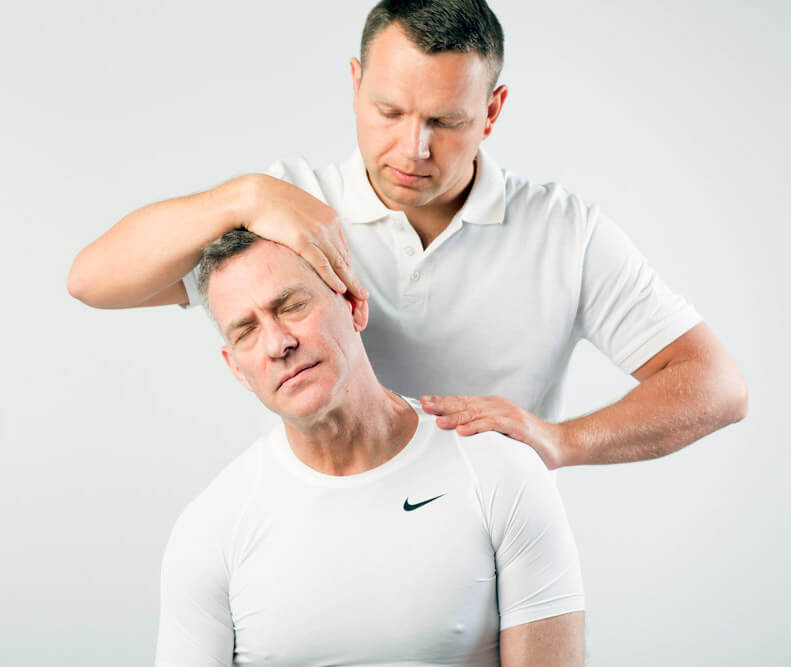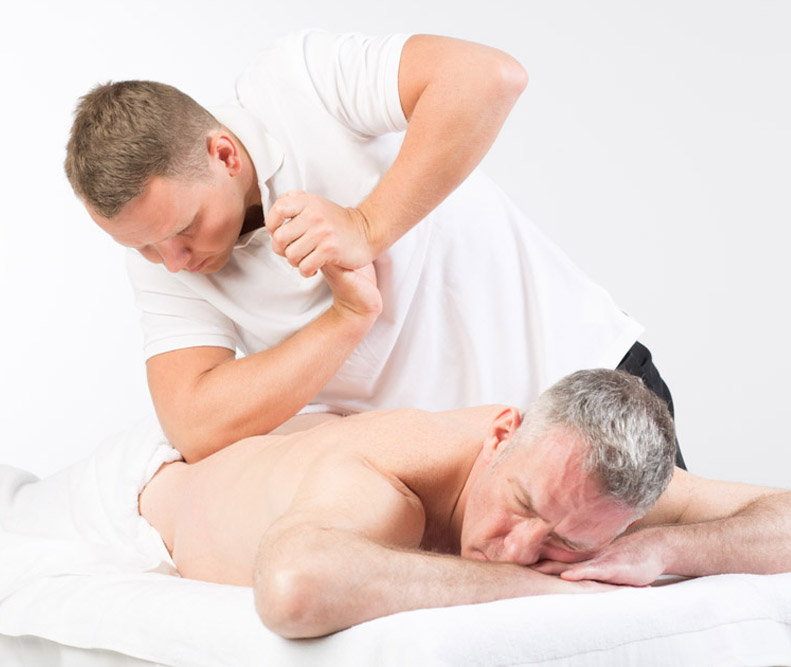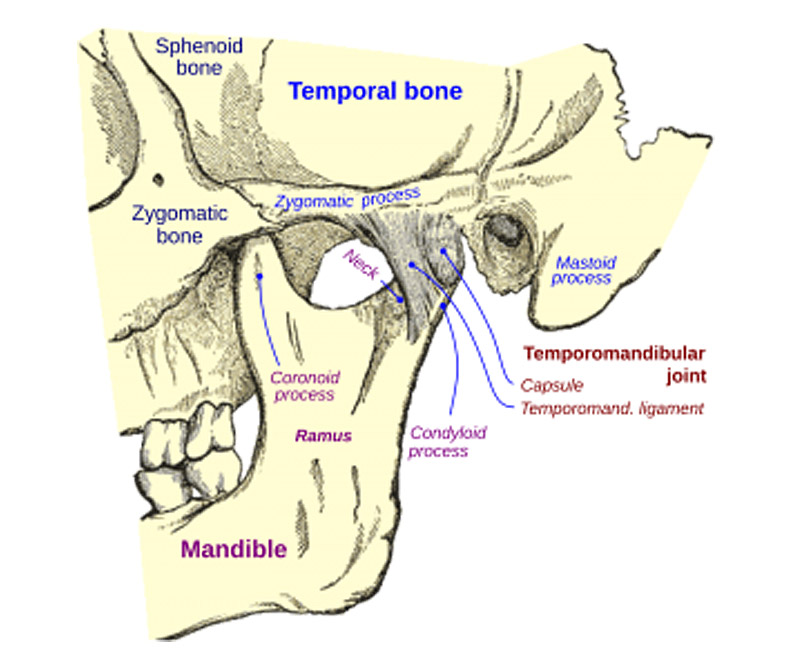Myofascial release, Neuromuscular & Trigger Point Therapies in London
Myofascial release therapy

What is it?
Fascial Manipulation Technique was invented by renowned Italian physiotherapist, Luigi Stecco, and has proven to be a fast and effective method of reducing pain and discomfort in injured tissue.
‘Fascia’ is connective tissue beneath the skin that helps to organise, separate and contain the body’s muscles and internal organs. Fascial Manipulation London shifts therapeutic attention from treatment of the consequence to treatment of the cause.
This is quite different from traditional medicine, which, for example, when confronted by a symptomatic organ, examines that organ only, or which, when attending to a specific musculoskeletal area, examines just that isolated site. Our approach recognizes the importance of the physiologic balance of the entire system, focusing on the interconnected nature of the musculoskeletal and of the visceral systems and their connection to one another. By addressing these connections, Myofascial Release London aims to unlock problems and return the system to its physiologic balance.
Problems Myofascial therapy can help
Сontraindications
Myofascial Release London Therapy should be avoided in cases of:
Good to know
Pain is an important physical signal and an asset from a therapeutic standpoint: by alerting us to pain, the fragile body declares its limits and enables us to protect it.
Conversely, by covering the pain with analgesics (painkillers, in other words), we drown out the “help yell” our body sends us, and continue to move in harmful ways. This can cause impaired joint movement, or articular dyscoordination, which in turn increases the risk of further injury to the related joint.
The fascia therapist uses pain as a diagnostic instrument and, determining its (fascia-based) cause, works on the fascia to prevent further injury and normalize the muscular function. Applied properly, Myofascial Manipulation London Technique can alleviate pain and prevent its return.
Neuromuscular therapy

What is it?
Neuromuscular Therapy is a highly specialized type of soft tissue therapy designed to relieve pain and return injured tissues to normal function.
Neuromuscular Therapy London uses targeted soft tissue treatment, flexion techniques and encouragement of concerted self-care to eliminate the causes of most muscular aches and pains. Specifically, it addresses postural and muscular imbalances, nerve entrapment, ischemia (reduced blood flow to an area of the body) and muscular trigger points.
Often providing long-term pain relief where other approaches have failed, Neuromuscular Therapy London restores natural balance to the nervous, muscular and skeletal systems and brings the body back into natural alignment.
Problems Neuromuscular therapy can help
Сontraindications
Neuromuscular Therapy London should be avoided when the following cases apply:
Good to know
Neuromuscular Therapy London may feel painful, especially at first; when this occurs, it is important to notify the therapist. Indeed, any time the pressure feels too strong, too faint, or seems to be adversely increasing or decreasing, the client should make it known, and the therapist should respond accordingly.
Massage pressure should never be unreasonably or overly painful, but rather work through the muscle spasm to alleviate pain. For this reason, most people describe massage pressure as a “good pain”.
Trigger point therapy

What is it?
Trigger points London are commonly known as ‘sore points’ on the body. In clinical terms, a trigger point is defined as: “a focus of hyperirritability in a tissue that, when compressed, is locally tender and, if sufficiently hypersensitive, gives rise to referred pain and tenderness” (Myofascial Pain and Dysfunction: The Trigger Point Manual, by Janet G. Travell, M.D., and David G. Simons, M.D.). In other words, a trigger point is believed to be a spasm or knot in the muscular tissue which causes pain to be transferred to an another, unexpected, or relatively distant, part of the body.
A trigger point in the back, for example, may produce transferred, or “referral” pain in the neck.
Problems Trigger point therapy London can help
Сontraindications
Good to know
Trigger Point Therapy London is a manual technique designed to treat painful trigger points, and its use of pressure can be uncomfortable or painful for the patient. However, to repeat what has been explained, this pain is usually regarded as a “good and releasing pain”.
We provide our massage services in London, Kings Cross and Euston region. However, for our clients, we do provide mobile massage treatments all across London and surrounding areas.
Book an appointment for a massage, therapy or acupuncture session today.
TMJ dysfunction Treatment

What is it?
Temporomandibular joint dysfunction London (TMD, TMJD) is an umbrella term covering pain and dysfunction of the muscles of mastication (the muscles that move the jaw) and the temporomandibular joints (the joints which connect the mandible to the skull).
Doring treatment therapist works on very precise Fascial points on the face to relieve tight and painful structures. In some cases, we will have to stimulate muscles inside jaw (with medical gloves on).
Treatment is especially helpful for patients with a tight jaw, migraine and ear pain.